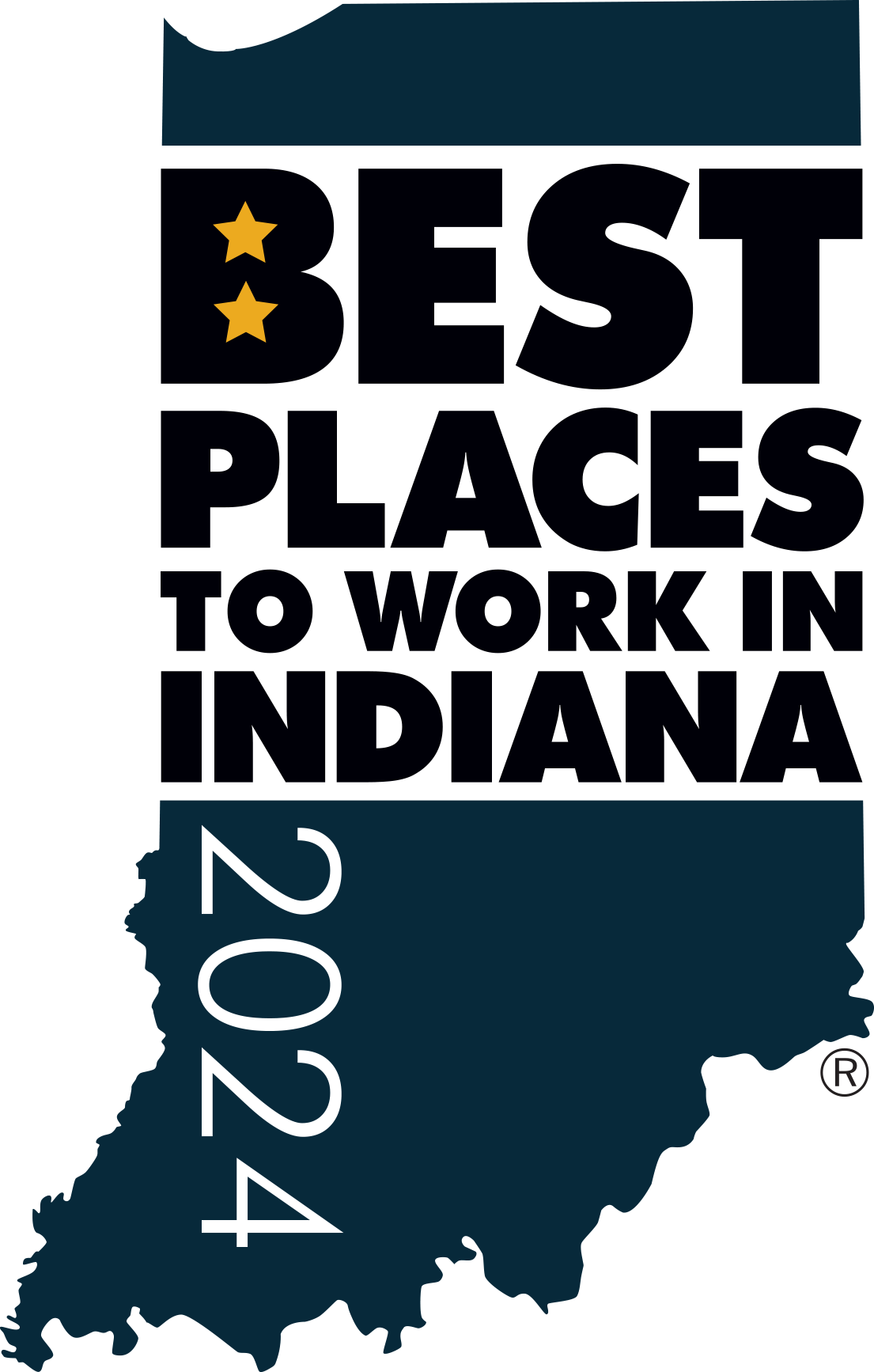Indy CFO Spotlight-Steve Dierckes
KB: Steve, it’s good to see you.
SD: Thanks.
KB: Walk me through your early years.
SD: Good place to start – My parents were really smart: Dad is a PhD chemical engineer, and Mom was a chemical engineering librarian at Procter & Gamble, which is where they met. I was one of five kids, and life moved fast. There wasn’t much time for nurturing, and my parents demanded performance at all times. I developed abundant independence and intellectual curiosity. And being small, I was bullied a little, so I developed a soft spot for underdogs. I found that Catholic kids were no nicer than any other kids!
KB: [laughs] Did you always know you were going into finance and accounting?
SD: I was good at math, so initially I was a math major, but struggled with the more advanced theoretical stuff. So one year into college, I changed to finance.
KB: How did you end up at an accounting firm?
SD: People told me that CPA firms were great places to learn business, so I thought that was a good start. I joined Crowe in Indy. I did both audit and tax. But it wasn’t a good fit, so after two years, I was out.
KB: What happened next?
SD: Two corporate stops. The first was L.S. Ayres. Remember? The May Company owned them. It was well-run, but with the 1990-91 recession, May consolidated them into another division. Then I landed at McMillan Publishing, but two years in, I was unhappy and looking again…which was frustrating, as it was the fourth time since college.
KB: What do you think was going on?
SD: So, I think the career frustration caused me to do the soul searching and reflection that I should have done long before. I wrote it all out, admitting what I was and wasn’t good at…it was maybe 20 pages of stuff. Once I had the clarity, I could find the right role, and I landed my first Controller position – at Hilltop Press. That was a great move because it was a blank slate kinda place…an eight-million-dollar business where I got to do everything: technology, HR, operational stuff. And in seven years we went from financial trouble to being in the top 1% of printers nationwide in terms of profit.
KB: How did that set you up for what you do now?
SD: That experience taught me I wanted to maximize my time adding value. Beyond accounting, I want to advise the owner or executive team strategically, spending time in marketing, operations and IT. I help them find what’s possible and provide the tools to get there. I’d had the itch to be a consultant, and in time the opportunity presented itself for me to take the leap.
KB: Tell me more.
SD: I tell people that starting a new career is always a learning experience. That was the case here for sure – including learning a lot of what NOT to do. And personally too. About a year in – 2016, I was working full-time with a client, and was diagnosed with throat cancer.
KB: Holy smokes.
SD: Yeah. Fortunately, I’m ok now. Eight weeks of chemo and radiation, weeks without eating much and my taste was destroyed for quite some time. In the end, the mental part is the harder part…can I make it through the treatment? But at the end of the day, it turned out to be one of the greatest blessings of my life. Looking back, the physical part is short, and you move on. What remains is the life lessons – realizing that I didn’t have anything to complain about, that this is my chance to be a better person. It shaped me.
KB: Hey man, keep right on going.
SD: It changed my approach to business. We’re all temporary. There are no promises for tomorrow. You better get the best out of yourself right now. Find the satisfaction that you are on the right path for you. To do otherwise is unproductive. I’m focused on harnessing my gifts now. That doesn’t mean let off the gas; it just means to raise your head up and look around. My life needs to be about positive things; about making a difference.
KB: What’s your philosophy on leadership.
SD: I am such a work in process when it comes to leadership. A leader needs to help his team understand what their role is in the bigger picture. People want to have meaning. And they want to get meaning from the work they do. Help them. I work with a lot of companies with small staffs, so sometimes you’re actually preparing them to leave because there is no move up.
KB: What is an important lesson you’ve learned?
SD: There is a time and a place for nearly every business to succeed…if owners will really take the time to understand what they do and what their model is. You have to know what levers to pull. You need the confidence to look beyond what you know and how you’ve always done it. There’s understanding and perspective out there. And there is an almost infinite amount of data available to help you run your business.
KB: What’s your take on the current Indianapolis business climate?
SD: Overall, it’s a good climate with great people. We may be limited in that we don’t have the perspective of bigger companies and global interaction like some places. So we’re a little captive of our own Midwest, small town experiences. But that’s not bad. Indianapolis is great and I’d say some coastal cities are limited in that they lack some of the character and values of the Midwest.
KB: What advice do you have for the aspiring CFO.
SD: Know who you are. Know what you’re about. Make the most of it. Then you’ll have the passion to make success inevitable and natural.
KB: What’s the biggest mistake you see finance people make?
SD: There are still too many finance leaders that are risk averse. You gotta have a broader view. Sometimes you have to spend money. They don’t always know how to effectively take a risk; to model assumptions, leverage data and make informed decision.
KB: What are your thoughts on the next generation of finance and accounting professionals?
SD: I’m not sold on the bad rep that the Millennials have. They’re used to many more data and visual inputs than folks our age. They’re just looking to connect the dots and find meaning from it.
KB: What’s your favorite quote?
SD: Everybody has a plan until they get punched in the face. – Mike Tyson. You’re going to get knocked off your plan all the time. But if you know yourself, and your plan, you’ll have the confidence to continue.
KB: What’s your favorite movie?
SD: The Fugitive. He was falsely accused and underestimated. He was pigeonholed, but was smart and he won.
KB: If you weren’t a finance guy, what would you be?
SD: My first love has always been architecture and design.
KB: Steve, you’re an inspiration.
SD: Wow! That’s very kind. Thank you!!

